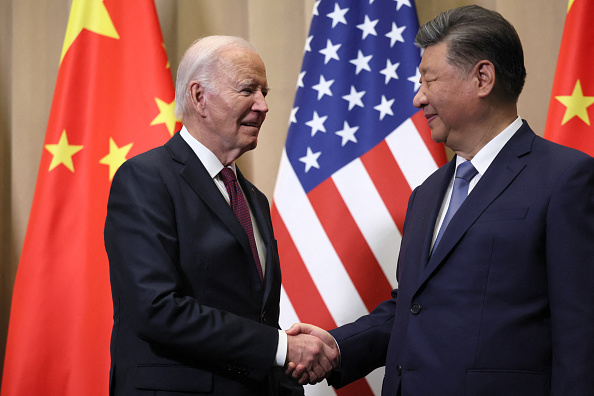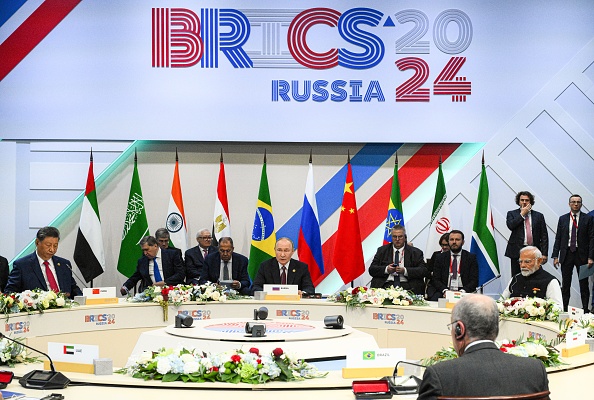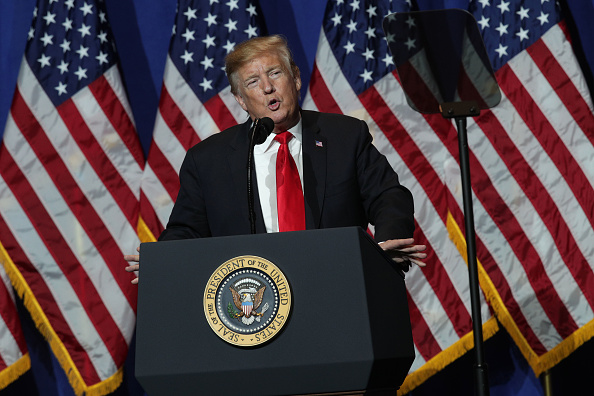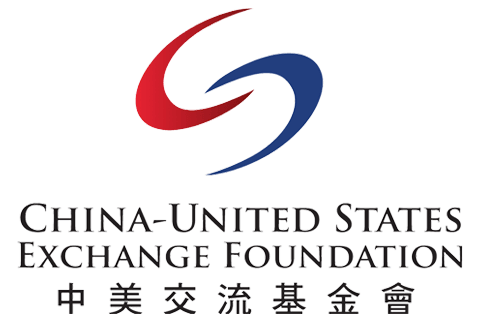
Dear Focus Reader,
As President Joe Biden's administration prepares to close its term, the U.S. is making concerted efforts to stabilize its economic relationship with China before the Trump administration returns to office in January 2025.
This week, a delegation of senior Treasury Department officials will head to Nanjing, China, for a concluding session of the U.S.-China financial working group. An additional group will meet with their Chinese counterparts during a Group of 20 gathering in South Africa for discussions as well.
Treasury Secretary Janet Yellen emphasized the importance of these working groups, noting that they have been instrumental in addressing U.S. concerns such as China's macroeconomic imbalances, export restrictions on critical minerals, and excess industrial capacity in certain sectors. She also urged the incoming administration to continue such dialogue, emphasizing that these talks help clarify economic policies, prevent misunderstandings, and reduce the risk of escalation—especially given concerns about a potential trade war when the Trump administration returns to power.
In addition to the ongoing economic discussions and President Biden's efforts to strengthen China-U.S. relations before leaving office, Beijing and Washington have also agreed to a five-year renewal of the U.S.-China Science and Technology Agreement (STA), a key pillar of bilateral scientific cooperation since 1979. However, in response to national security concerns, the renewed agreement includes tighter restrictions, focusing exclusively on basic research and excluding critical and emerging technologies.
Despite opposition from some Republican lawmakers, who argue that such decisions should be left to the incoming administration, the Biden administration has stressed the importance of maintaining channels for scientific collaboration for both bilateral and global progress and development.
Learn more about the China-U.S. relationship by catching up on our latest Focus content, including topics on people-to-people dialogues, Trump's trade wars, and expectations for the next four years.
The amount of funds China has pledged to invest in Africa over the next three years.
Read more in "China and Africa, Rekindling the Fates of Global Power," by Sebastian Contin Trillo-Figueroa, a Geopolitics Analyst in EU-Asia Relations and AsiaGlobal Fellow, The University of Hong Kong, and Mohamed Ibrahim Hafez, Researcher, Political Economy of MENA, Nottingham Trent University.
The Song of the Earth
Watch VideoIn our Focus Insights section, we shared an article by Sourabh Gupta, Senior Fellow at the Institute for China-America Studies, discussing the complexities and consequences of President Trump's trade war with China.
We want to hear from you!
What alternatives to tariffs could the U.S. consider to better balance trade relations with China without harming its broader economic interests?
Submit your thoughts to USeditor@chinausfocus.com for a chance to be featured in next week's Focus This Week.
useditor@chinausfocus.com for more info.
Prepared by China-US Focus editorial teams in Hong Kong and New York, this weekly newsletter offers you snap shots of latest trends and developments emerging from China and the U.S. every week. It is a community space to exchange thoughts and ideas about the China-U.S. relationship and beyond.
- 2024-12-06 Focus This Week: Global Uncertainty
- 2024-11-22 Focus This Week: Diplomatic Shifts
- 2024-11-15 Focus This Week: Reflection and Forecast
- 2024-11-08 Focus This Week: Election Aftermath
- 2024-11-01 Focus This Week: Entering A New Era
- 2024-10-25 Focus This Week: Building Bonds at BRICS
- 2024-10-18 Focus This Week: “A Partner and Friend”
- 2024-10-11 Focus this Week: Tense Waters
- 2024-10-04 Focus This Week: 75 Years of the PRC
- 2024-09-27 Focus This Week: Critical Crossroads
- 2024-09-20 Focus This Week: An Uphill Battle
- 2024-09-13 Focus This Week: Competing Visions
- 2024-09-06 Focus This Week: Increasing Influence
- 2024-08-30 Focus This Week: Dialogue and Diplomacy
- 2024-08-23 Focus This Week: Intensifying Competition
- 2024-08-16 Focus This Week: Working Group Progress
- 2024-08-09 Focus This Week: Walz-ing into a new era?
- 2024-08-02 Focus This Week: Time Remaining
- 2024-07-26 Focus This Week: Political Shifts
- 2024-07-19 Focus This Week: The Third Plenum




